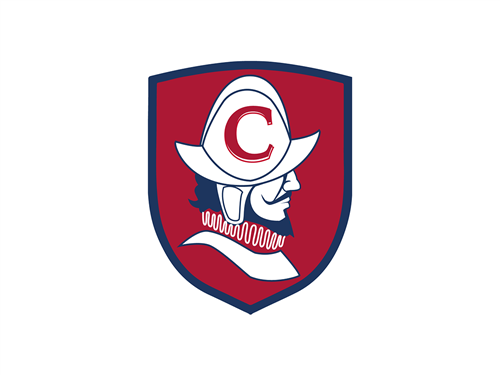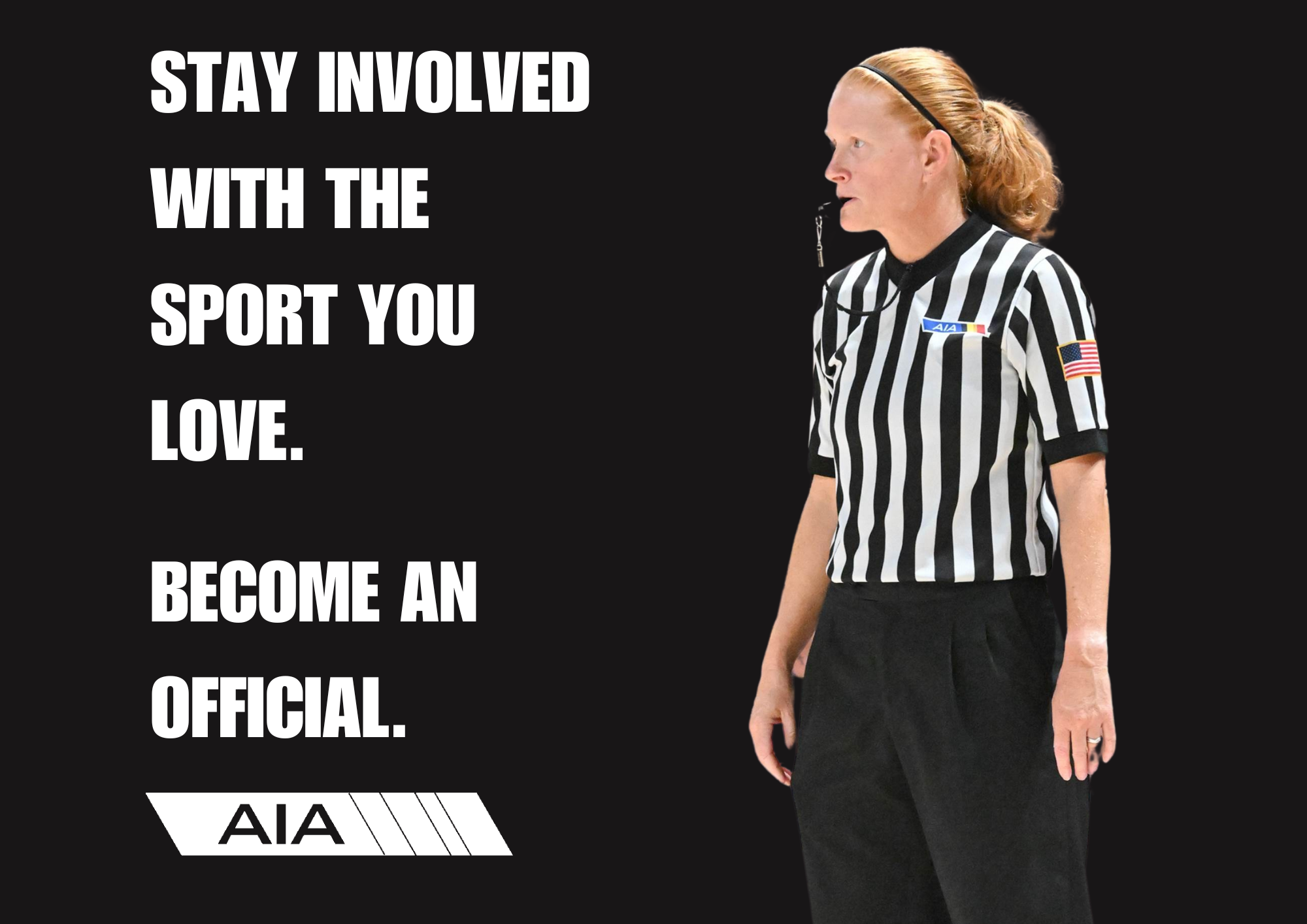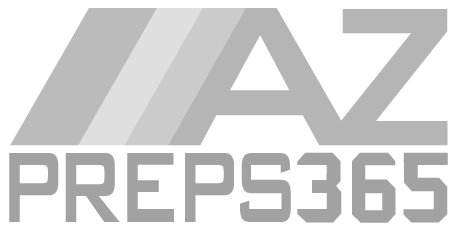Coronado helps Student Athletes with their Academics
December 3, 2020 by Mikayla Nagl, Arizona State University

Mikayla Nagl is an ASU Cronkite School of Journalism student assigned to cover Coronado High School for AZPrep365.com
Academics are important in high school, whether students are athletes or not. But Coronado has added an extra program designed to help athletes focus on their schoolwork first.
This after-school study hall helps students understand that, even if they are athletes, they must have a focus on academics first, according to Anthony Miller, Coronado’s athletic director and founder of the program.
"Coronado is a very diverse campus, in fact this program was created to help some of our more diverse students. We noticed that these students were struggling with the needed support when everyone was learning at home, so I created the study hall," Miller said.
The focus of this program is on time management, study skills, personal connections with coaches and there have also been lessons about accountability, communication skills with teachers and how students should carry themselves in public.
There are about 75 students who show up at each study hall.
At Coronado there are standards to be met; just like for anything, if athletes want to participate in practices and games there are rules in place. This program helps ensure that every team -- boys and girls -- is eligible at any given time and holds everyone accountable to Coronado’s educational standards.
Donald Spaniak, the Dons’ baseball coach, believes that having this option will allow student athletes to know where they stand on a daily basis and it helps him as a coach to be more invested in their education.
It is important for students to know they have more to focus on than just their sport and have to realize that there are consequences for not having the expected grades.
“The players now will know they can’t flip a switch on right before grade checks and expect a miracle,” Spaniak said.
Everyone is treated the same in this situation, it doesn’t matter who you are, if you don’t have the grades you can’t play. It is the students' responsibility to take advantage of what is given to them.
During this study hall there is also “supper” for athletes after school to ensure they are getting nutrients they need to succeed in the classroom and in their athletics, according to Miller.
Each team is assigned a spot in the library and participants have to sign in every day so the coaches are able to see who is taking advantage of this opportunity.
Mark Carlino, boys basketball coach, said this study hall has helped athletes with their academic performance and has been instrumental in helping them lay the proper foundation for their program.
“The focus of study hall is academic and life success. Coaches regularly check students' grades. This allows us to provide a safe space daily, where students have access to the internet, and it also keeps the teams themselves separated into “cohorts” so we are safe during COVID times,” said Miller.
High school athletes might have trouble with time management as it is, so it is really helpful for this program to be available, not only for the students but the coaches as well.
Although this is a really great way to help students with their academics, that is not the only positive to this program.
This study hall allows coaches to be more involved with their athletes' academic process and make sure they are prepared for their sport.
“I’m able to make a connection and build relationships with the athletes as well as be able to streamline our services as I work with them to get them cleared to start their season,” said John Rivera, Coronado’s athletic assistant.
The time of day also allows the athletic trainer a central location to check and screen all of the athletes every day to ensure the safety of the athletic department.
Tessa Powell, the Dons’ athletic trainer, believes that “study hall is a phenomenal use of the students' time in refocusing their tasks on academics just prior to an athletic practice.” Powell also said it is helpful because “it has made my screenings for every athlete more centralized and allows me to check in with the students who may need a little more support than others.”
COVID-19 has changed many things, including forcing students, trainers, coaches and school officials to adjust to online learning.
“Learning online is more difficult than actual learning in person, so we wanted to create a support network for our student athletes to help ensure that they have all the resources necessary to succeed,” Miller said.
Coronado coaches and the athletic department have gone out of their way to make sure that all athletes have the same opportunity as everyone else. They have made sure that they are still succeeding in their sport as well as keeping up with their academics.


